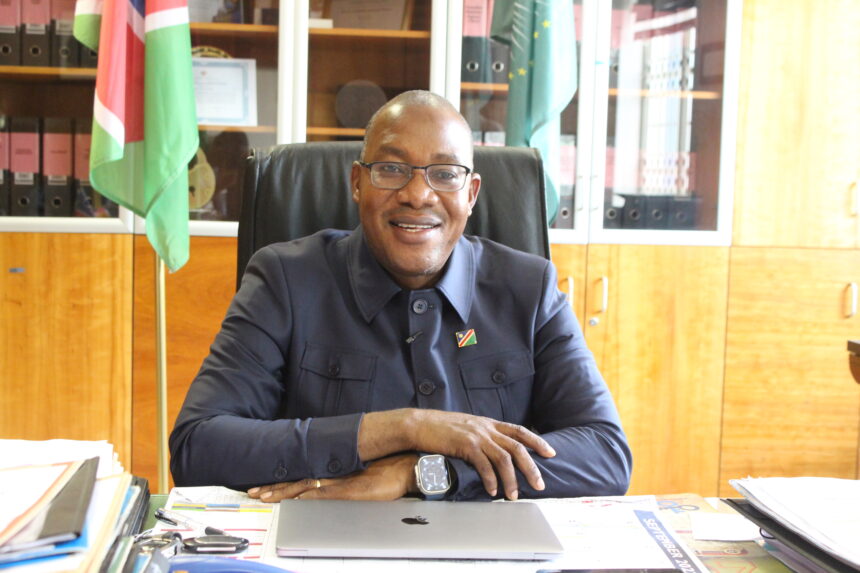Paulina Ndalikokule
Health executive director Ben Nangombe has called on the public to report any corrupt practices they may witness at public health facilities or departments within the ministry.
“The ministry appeals to members of the public to alert the office of the executive director, the public relations office, customer care units at health facilities or heads of health facilities, such as nurses in charge, matrons and superintendents should they become aware of such corrupt practices taking place at our health facilities,” he said in a media statement issued last week, following the publication of a survey by Afrobarometer on corruption.
According to the survey, of Namibians who had contact with a public clinic or hospital in the past 12 months, 40% of them allegedly reported that it was “somewhat difficult” or “very difficult” to obtain the medical care they needed.
15% of them said they had to pay a bribe to obtain medical care.
Nangombe encouraged the public to report any corrupt activities witnessed at public health facilities to the ministry, emphasising the ministry does not condone unethical or corrupt conduct by staff members.
“The ministry states categorically that we do not condone or countenance unethical or corrupt conduct, such as the soliciting or payment of bribes to its health workers,” he said.
He said the ministry is designed to prevent the offering, soliciting and payment of bribes from happening.
“All health services provided by the Ministry of Health and Social Services are provided free of charge, save for a once-off token payment of N$4 for those with the means to pay at a clinic. No individual is turned away or refused services even if they are not able to pay the token fee. It is a policy of the government that the elderly, persons with disabilities and veterans of the liberation struggle are not required to pay anything for the health services they receive,” added the executive director.
He also mentioned the government has established a special fund to assist Namibians with uncommon illnesses.
The fund provides financial assistance for Namibians requiring complex medical procedures, treatments or operations, such as surgeries that are not available in public health facilities.
“All staff members of the Ministry of Health and Social Services are obliged to comply with the ministry’s Customer Service Charter as well as the Patient Charter, and to conduct themselves in a professional and ethical manner at all times. At the centre of these undertakings are accountability, dignity and safe and effective services,” he emphasised.
The survey was conducted between 14 March and 2 April 2024, with 1 200 Namibians partaking in it.
Recently, New Era reported that some patients seeking contraceptive implants for family planning have expressed discontent with the booking system of the ministry, claiming that it has failed.
Even healthcare workers have stated that it is difficult to acquire implants from health facilities, adding that one needs to have connections to get off that list.
“I just have to go behind someone to obtain it because if you don’t work in that section, you don’t have access,” a nurse had stated.
-ndalikokulep@gmail.com



